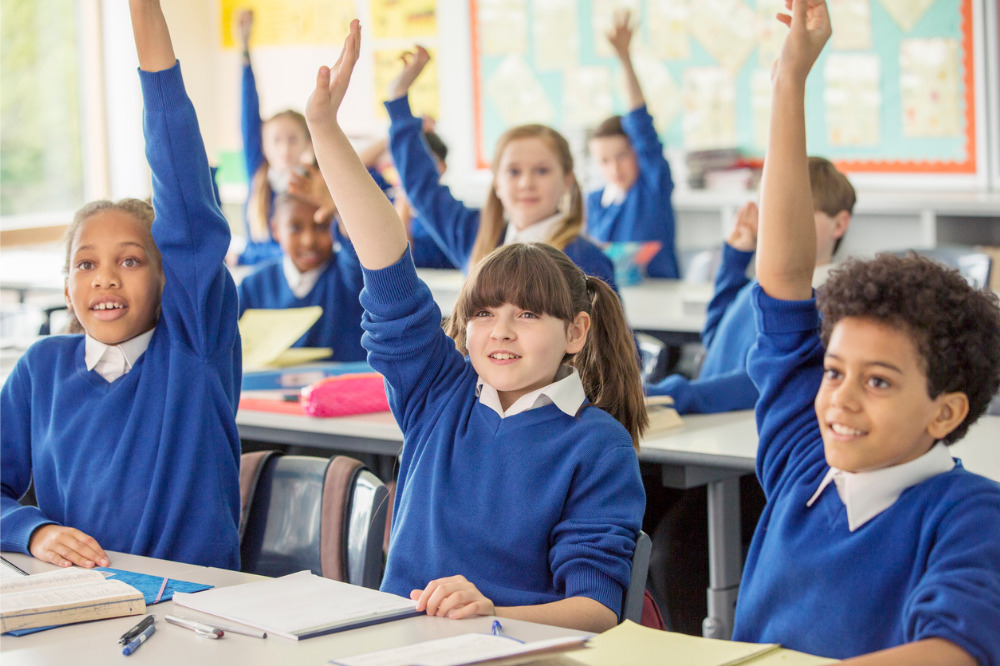
Last week, the Productivity Commission released its Interim Report, which made a number of recommendations to inform the design of the next National School Reform Agreement (NSRA).
While the question of how school funding should be distributed is likely to remain a hot topic, an internationally renowned education expert says any agreement must allow for greater teacher autonomy to improve school resourcing and educational outcomes for students.
Pasi Sahlberg, Professor of Education at the Southern Cross University’s Faculty of Education, has worked as a mathematics and science teacher, teacher-educator, director general at the Finnish Ministry of Education, and advised governments’ education reforms around the world.
He argues that “Australia’s educational challenges cannot be solved by using the same logic that initially caused them” and proposes “bold, new thinking as a primary condition for rapid improvement” across the education system.
In addition to properly funding public schools and clearly defining what equity in education means, Professor Sahlberg says the new NSRA “should be built on an assumption that teachers and students are capable of doing much more and better if they were given ownership and leadership regarding teaching and learning in schools”.
“The general assumption is that children are not capable to have a say much about what goes on in school, including school operations and future directions. This is how education ‘works’ around the world,” Professor Sahlberg told The Educator.
“Future education should be based on assumption that young people have far greater capacity to lead their own learning in school than we give them credit for.”
However, Professor Sahlberg said system leaders, parents, and politicians underestimate students’ creativity and capacity to make positive impact on the world within around them.
“Consequently, most young people learn very quickly to share this commonly held view of adults. Most of them also learn how to meet the minimum expectations instead of doing their very best,” he said.
“Similar organisational logic is common in how education systems operate. The best way to manage complex social systems like education systems, the story goes, is a one-way line of directives and mandates from central administration to schools to assure they do the right thing.”
Trust teachers, and results will follow
Professor Sahlberg said educators and schools are being held back due to a belief that “they are not capable of deciding and planning how teaching and learning should be best organised for the benefit of all children.”
“Australian schools have enough hidden innovation and professional wisdom ready for significant improvement of education,” he said.
“System-wide benefits of trusting teachers and children by giving them more ownership and leadership regarding teaching and learning in schools would unleash these human capacities and lead to much-needed renewal in both excellence and equity in Australian education.”
Professor Sahlberg said two assertions are emerging in post-pandemic world.
“One is that we can’t expect educational improvement from those who now control public education systems,” he said. “The other is that with support and trust change can and will come from the teachers and young people as important stakeholders.”


